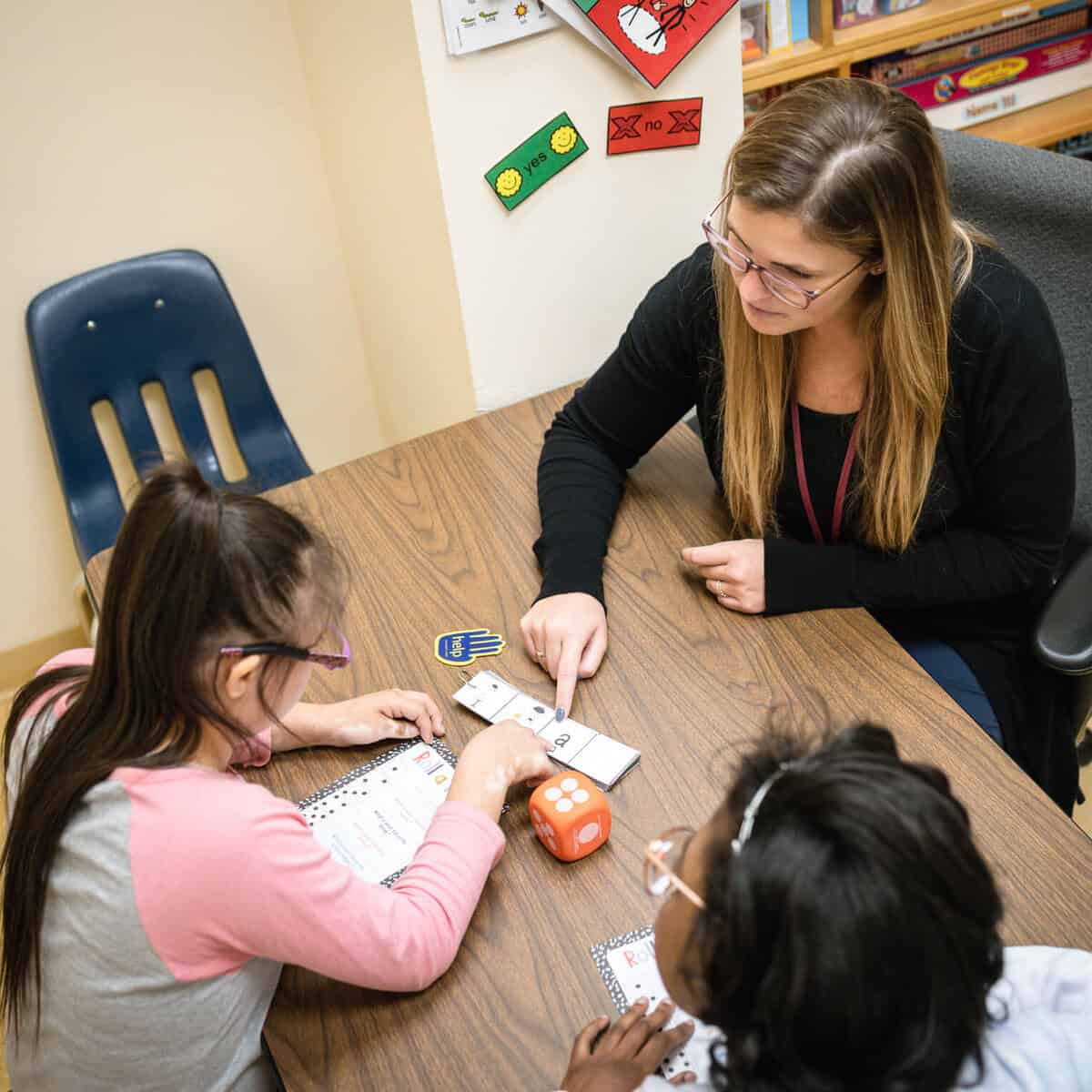Gifted students are a unique population within the special education system. They often have different needs than their peers and require specialized instruction in order to be successful in school. While some people may view gifted students as needing more attention or having more “special needs” than other students, this is not necessarily the case.
Gifted students simply have different educational needs that must be met in order for them to reach their full potential.
Gifted students are often thought of as special needs students. This is because they have a higher level of intelligence than their peers and require different instruction in order to be successful. While this may be true, gifted students are not always considered special needs students.
In fact, many gifted students are able to succeed in regular education classrooms with the proper support from their teachers.
The main difference between gifted students and special needs students is that gifted students do not have a disability that affects their ability to learn. Instead, they simply need more challenging material in order to stay engaged in school.
This does not mean that they can’t succeed in a regular classroom, but it does mean that they might need some extra help from their teachers.
If you have a gifted student in your class, there are some things you can do to help them succeed. First, make sure you challenge them with appropriate material.
If they seem bored or uninterested in what you’re teaching, try finding something more advanced for them to work on. You can also provide opportunities for them to lead discussions or projects so that they can share their knowledge with the class. Finally, don’t forget to give them praise and encouragement when they do well!
Why Gifted Kids Are Actually Special Needs
Is Being Gifted Neurodivergent?
There is a lot of debate surrounding the definition of “giftedness.” Some believe that it simply means having a high IQ, while others believe that it encompasses a range of abilities and talents. However, there is one thing that all definitions of giftedness have in common: being gifted is not the same as being neurodivergent.
Neurodivergence refers to any brain difference that falls outside of the so-called “neurotypical” range. This includes conditions like autism, ADHD, dyslexia, and Tourette’s Syndrome. Neurodivergent people often experience the world differently than neurotypical people, and may think and learn in ways that are unconventional or unique.
Being gifted does not necessarily mean that someone is neurodivergent. However, it’s estimated that a higher percentage of gifted individuals are neurodivergent than the general population. This makes sense when you consider that many traits associated with giftedness, such as intensity, sensitivity, and an affinity for deep thinking, also overlap with symptoms of neurodivergence.
So if you’re wondering if being gifted means you’re automatically neurodivergent, the answer is no. But if you’re neurodivergent, there’s a good chance you’re also gifted. And either way, there’s nothing wrong with being different – in fact, it’s something to be celebrated!
Are Gifted Students Autistic?
There is no easy answer when it comes to the question of whether or not gifted students are autistic. While there are certain similarities between the two groups of individuals, there are also many differences.
Giftedness and autism both involve atypical brain development and functioning.
Both groups of individuals often have difficulty in social situations and may prefer solitude. However, gifted individuals are typically more verbal than those with autism and their IQs tend to be higher. Additionally, giftedness is not a diagnosis, whereas autism is considered a developmental disorder.
It’s important to remember that every individual is unique and therefore, there is no single answer to this question. If you suspect that your child may be gifted or autistic, it’s important to speak with a professional who can provide further guidance and support.
Can Gifted Children Have Learning Disabilities?
Gifted children can have learning disabilities, but it is not common. Learning disabilities are usually defined as problems with reading, writing or math. These difficulties can make schoolwork very hard for gifted kids.
Some gifted children with learning disabilities are able to get by with extra help from teachers or tutors. Others may need special education services. It is important to remember that every child is different and there is no one right way to deal with learning disabilities.
Is Giftedness a Sen?
Giftedness is a trait that is often associated with high intelligence or exceptional talent. Though there is no single definition of giftedness, it is generally accepted that gifted individuals have certain abilities or talents that are significantly above average. This may manifest in different ways, such as superior cognitive abilities, creative thinking, or physical prowess.
While some people may be born with certain gifts or talents, it is also possible to develop them through hard work and practice. In many cases, both nature and nurture play a role in the development of giftedness.
There is debate over whether or not giftedness should be considered a disability.
Some argue that the label of “gifted” can be used to mask other underlying issues such as mental illness or social problems. Others believe that being labelled as gifted can actually create additional challenges and pressure on individuals who already feel like they have to live up to high standards. Ultimately, this decision is up to the individual and how they feel about their own gifts and abilities.

Credit: www.deronschool.org
Why Do Gifted Students Need Special Education
Gifted students often need special education services because they have unique needs that require specialized instruction. These students may be advanced in one or more areas, but they may also have learning disabilities that make it difficult for them to keep up with their peers.
Most gifted students are able to succeed in a regular classroom with some accommodations and modifications, but some may need more intensive services such as pull-out classes or even separate schools.
Gifted students who receive special education services often have an Individualized Education Program (IEP) that outlines the specific supports and services they will receive.
There are many reasons why gifted students may need special education services, but one of the most important is that these students often learn differently than their peers. They may process information more quickly, think abstractly, and have a large vocabulary.
As a result, traditional teaching methods and materials may not meet their needs. Special education teachers are trained to use different instructional strategies and materials that can better meet the needs of gifted learners.
If you have a child who is identified as gifted, be sure to ask your child’s school about the special education services that are available.
These services can make a big difference in your child’s success at school!
Conclusion
This blog post discusses whether gifted students are considered to have special needs. The author argues that gifted students should not be lumped in with students who have true special needs, as the two groups of students have very different needs. Gifted students often require different and more challenging curriculum than their peers, and they may need specialized services in order to reach their full potential.
Special needs students, on the other hand, require accommodations and modifications in order to access the same curriculum as their peers. The author concludes that while both groups of students are unique, they should not be treated the same when it comes to education.

